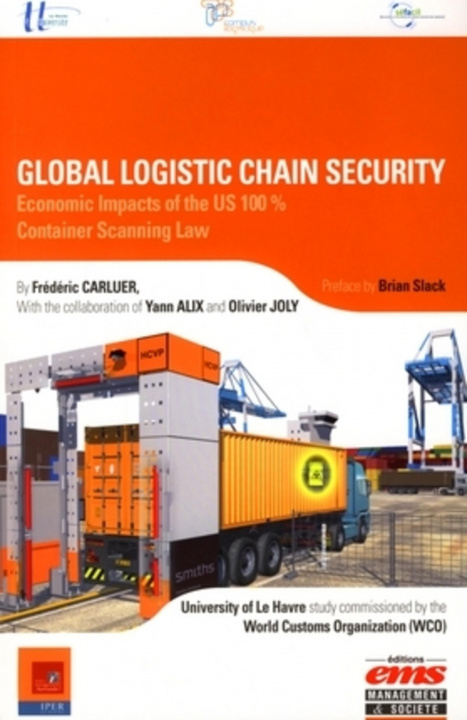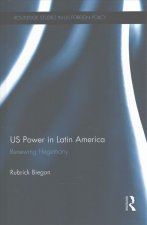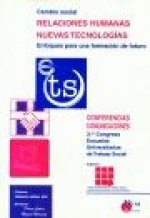
Dostawa
Doradca ds. zakupów
16 127 528 książek w 175 językach







Pokaż wszystkie języki (175)





Jednak się nie przyda? Nic nie szkodzi! U nas możesz zwrócić towar do 30 dni
 Bon prezentowy
O dowolnej wartości
Bon prezentowy
O dowolnej wartości
Bon prezentowy to zawsze dobry pomysł. Obdarowany może za bon prezentowy wybrać cokolwiek z naszej oferty.
Global Logistic Chain Security
 Angielski
Angielski
 91 b
91 b
30 dni na zwrot towaru
Mogłoby Cię także zainteresować


The '100% scanning' law, or House Resolution 1 (H.R. 1), aims to protect US territory against terrorist risks likely to affect the global logistic chain. A unilateral step, it may be perceived as a disguised protectionist measure which would transfer the risk of 'seacurity' to its partners, particularly if the principle of reciprocity does not apply.In this changing economic (over 325 million containers handled, under 0.5% of which are currently scanned) and regulatory context (following the SAFE framework of standards developed by the World Customs Organization), this forward-looking work parts from a single hypothesis: what will happen if the US 100% scanning law adopted by Congress in July 2007 actually enters into application on 1 July 2012, or even sooner should there be an attack in the United States, and what are the alternatives?The analysis is divided into three sections:- the first examines the macro-economic impacts of this law, in other words analyzing the dynamics of trade flows from the key US partners (with the aid of maps). The facts speak for themselves: of the 18 million containers arriving in the 13 biggest US ports in 2006, half came from China (and 75% from Asia). Four different potential scenarios are therefore developed showing that this share should at least be maintained in 2012 (lowest hypothesis, peaking in 2009) or even reach 78% (highest hypothesis, if the dynamics of the past decade continue). Whatever happens, Asia's share is set to oscillate between 80 and 92%, pointing to the likely appearance of interconnected global megaports as a result (polarization);- the second part assesses the micro-economic impacts, i.e. the structure and dynamics of the scanning sector globally. The new strategies of the key actors, both big manufacturers (Smiths Detection, Nuctech and SAIC) which account for 80% of the 1,250 scanners currently operational throughout the world, and administrators (Customs, of course, but also the three big private enterprises (Cotecna, SGS and Bureau Veritas)), are therefore analyzed. They are put into perspective with the aid of a 6-section, 60-question standard questionnaire put in situ to port and customs authorities in 10 ports worldwide, ranging from major ports such as Singapore and Dubai to medium-sized ports such as Abidjan and Montevideo, and giving an approximate initial assessment of the unit cost of a scanned container. This invaluable collection of information is combined with a number of interviews taking in several key international organizations (European Commission, World Bank and UNCTAD), and has been benchmarked against the Channel Tunnel and the aviation sector, which witnessed the same revolution just a decade ago;- finally, the third section attempts to construct different potential scenarios ranging from the status quo (no port in the world will be capable of scanning 100% of containers by 2012) to networking (a significant proportion of ports, in the tradition of the Southampton pilot project, will validate the technological 'protocol' and manage to make the logistic 'leap'). This section touches on the positions of the developed and developing countries, and of course possible alternatives to the H.R. 1 law."This pioneering book is essential reading for all in the maritime industry as well as governments and international agencies that will have to address the issues in the coming years" (Brian Slack, Preface).
Informacje o książce
 Angielski
Angielski




 Jak kupować
Jak kupować




















